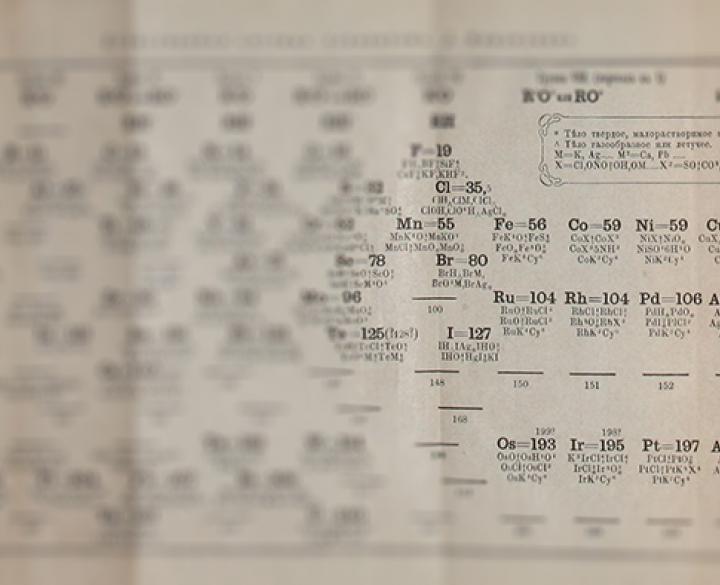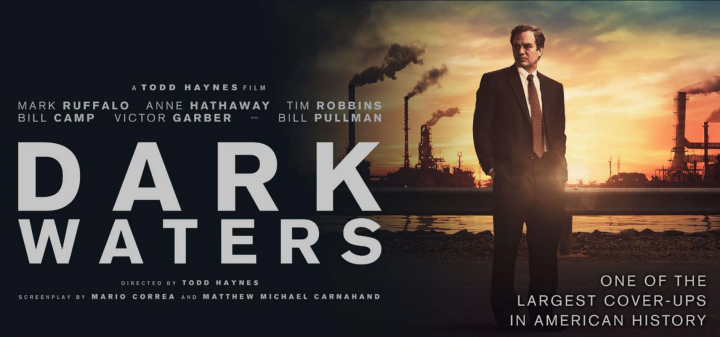What is REACH?
REACH is a regulation of the European Union, adopted to improve the protection of human health and the environment from the risks that can be posed by chemicals, while enhancing the competitiveness of the EU chemicals industry.
In principle, REACH applies to all chemical substances; not only those used in industrial processes but also in our day-to-day lives, for example in cleaning products, paints as well as in articles such as clothes, furniture and electrical appliances. Therefore, the regulation has an impact on most companies across the EU.
REACH places the burden of proof on companies. To comply with the regulation, companies must identify and manage the risks linked to the substances they manufacture and market in the EU. They have to demonstrate to ECHA how the substance can be safely used, and they must communicate the risk management measures to the users.
If the risks cannot be managed, authorities can restrict the use of substances in different ways. In the long run, the most hazardous substances should be substituted with less dangerous ones.
REACH stands for Registration, Evaluation, Authorisation and Restriction of Chemicals and entered into force on 1 June 2007.
Procedures
REACH establishes procedures for collecting and assessing information on the properties and hazards of substances.
Companies need to register their substances and to do this they need to work together with other companies who are registering the same substance.
ECHA receives and evaluates individual registrations for their compliance, and the EU Member States evaluate selected substances to clarify initial concerns for human health or for the environment. Authorities and ECHA's scientific committees assess whether the risks of substances can be managed.
Authorities can ban hazardous substances if their risks are unmanageable. They can also decide to restrict a use or make it subject to a prior authorisation.

SCIP database
SCIP is the EU’s first public database of substances of very high concern in products. You can search the data by article name or brand, product category, type of material or the chemical name. The data will help consumers make informed choices by checking whether a product contains hazardous chemicals and reading its safe use instructions. Waste operators can use the data to increase the re-use of articles and further develop recycling processes.
SCIP provides all the technical data from companies allowing the safe use and improved re-use and recycling of the article. This includes: information to identify the article, instructions on how to use it safely, the substance of very high concern, its location, and the type of material in which it is contained.
What is your role in REACH?
REACH impacts on both the textile and plastic converting industries for they are highly involved with chemicals.
Manufacturer:
If you make chemicals, either to use yourself or to supply to other people (even if it is for export), then you will probably have some important responsibilities under REACH.
Importer:
If you buy anything from outside the EU/EEA, you are likely to have some responsibilities under REACH. It may be individual chemicals, mixtures for onwards sale or finished products, like clothes, furniture or plastic goods.
Downstream users:
Most companies use chemicals, sometimes even without realising it, therefore you need to check your obligations if you handle any chemicals in your industrial or professional activity. You might have some responsibilities under REACH.
Companies established outside the EU:
If you are a company established outside the EU, you are not bound by the obligations of REACH, even if you export their products into the customs territory of the European Union. The responsibility for fulfilling the requirements of REACH, such as pre-registration or registration lies with the importers established in the European Union, or with the only representative of a non-EU manufacturer established in the European Union.
Forever Chemicals (POPs regulation)
The POPs Regulation bans or restricts the use of persistent organic pollutants in both chemical products and articles. POPs stand for Persistent Organic Pollutants.
POPs are organic substances that persist in the environment, accumulate in living organisms and pose a risk to our health and the environment. They can be transported by air, water or migratory species across international borders, reaching regions where they have never been produced or used. International risk management is necessary as no region can manage the risks posed by these substances alone.
POPs are regulated worldwide by the Stockholm Convention and by the Aarhus Protocol. These legislations are implemented in the European Union by the POPs Regulation (EU) No 2019/1021.
The member countries decide for themselves the penalties for breach of the POPs Regulation.
Can Hollywood save Europe from chemical contamination?
DARK WATERS tells the shocking and heroic story of attorney Robert Bilott (Mark Ruffalo) inspired by a true story. He risked his career and his family to fight one of the world’s largest corporations and help a community that was exposed to dangerous PFAS chemicals. 99% of people in the world are exposed to PFAS.
The parallels to Europe are striking
All Europeans have, on average, 300 industrial chemicals in their blood that their grandparents did not. Water-resistant ‘forever chemicals’ (PFAS) are among them. EU governments admit that, like in the US, these substances are now everywhere, nearly impossible to avoid or clean up. There is no viable method of removing them from drinking water, for example. Scientists say PFAS poisoning in Europe could be a serious public health problem and they are finding “alarming” levels in children. Almost every newborn in every corner of the planet is contaminated with PFAS.
The health consequences are grim, serious, and costing European taxpayers a fortune; €52 – 84 billion annually, according to Nordic governments. Beyond PFAS, health costs from chemical contamination in general may exceed an astonishing 10% of global GDP.
There are some 100,000 factories thought to be emitting PFAS in Europe. That’s likely just the tip of the iceberg though. Many of the PFAS that pollute the environment in Europe are not even registered. That means the authorities are blind about who is using what, where and how toxic it is.
The water near to factories making PFAS, such as those living near Veneto, is a health hazard, and heavy pollution is also found near airports and military bases, where PFAS are used in firefighting foams. The parallels with the West Virginia community at the heart of Dark Waters is striking.
Much bigger than PFAS
Dark Waters is based on a real-life legal fight that surfaced some ugly truths about a chemical industry that had lost its moral compass. The chemical plant suppressed the toxic truth about PFOA for decades, a chemical so incredibly persistent that it came to be known as “the devil’s piss”. Regulators were ‘captured’ to maintain sales; fines were dwarfed by profits.
These problems are not unique to America. It was only in 2012, once PFOA was regulated, that companies in the US and EU switched to another substance. Yet the alternative substance, HFPO-DA, also known as GenX, is proving just as troubling.





